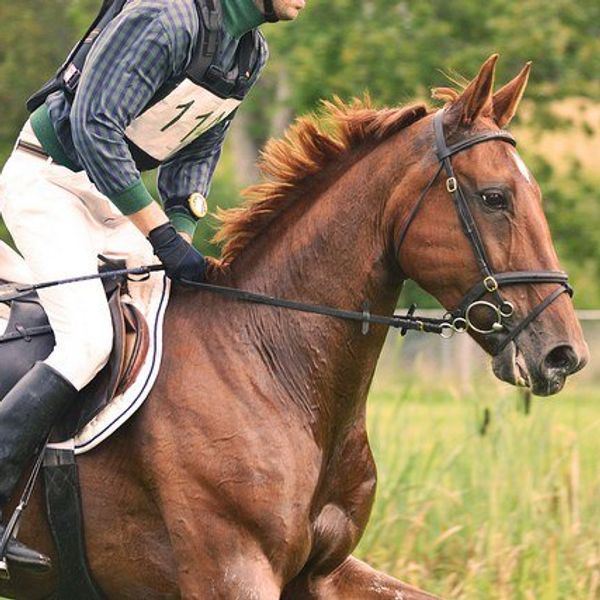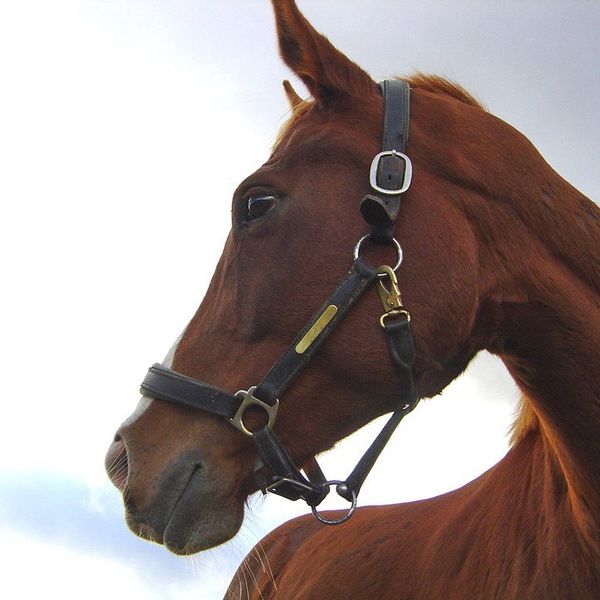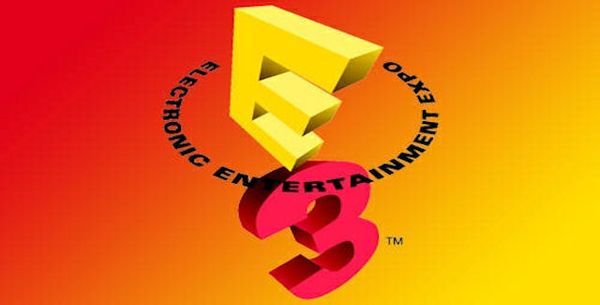Picture a sunny, spring afternoon; the April showers have lightened up and you take a drive. Depending on where you live, you might be so lucky as to cross a pasture full of frolicking baby horses, otherwise known as “foals,” and their moms, “dams.” There’s not many that can resist watching a foal buck, jump, and play while their unamused mothers munch on the fresh green grass. What most will fail to acknowledge is that in a few short years these babies will become athletes. Starting around age two, a gangly colt will be brought in from pasture and taught to carry a saddle, and then a person.
From there, they will be given a set of refined skills, taught to be cadenced, canter on the proper lead, carry themselves roundly through the back and neck, and then, given an advanced set of skills dependent on their future discipline. Reining horses are taught to spin four or more three-hundred-and-sixty-degree turns without picking up their inside back leg, to put on the brakes in the back while walking in the front, and to perform flawless changes of their leading legs at the canter in mid-air. Dressage horses can be taught to perform gaits in place, switch leads in mid-air every other step, and then some. These few examples are just the start of what a horse can be trained to do in their lifetimes.
A recent Deadspin article, published on August 1st of 2016, makes the argument that equestrian sports should be dropped from the Olympic Games. The author, Patrick Redford, claims that running a marathon or lifting weights is harder than riding a horse. He then goes on to claim that the horses in Olympic events are abused, yet horses in jousting and rodeo events are more entertaining to watch, despite the fact that jousting is antiquated and rodeo is full of abuse. Redford’s biggest claim, mentioned time-after-time in his article, is that the Olympics were designed for humans, not horses; and that the horses do all the work, not the rider.
Now, heed my caution, never tell a group of equestrians that the horse does the work for them. You’ll be chewed up and spit out so quickly you’ll regret those words. Redford, surprised his article bashing equestrian sports was the most feedback he had ever received, wrote another article in response to the outrage from his first. He states “I’ve never received as much feedback on anything I’ve ever written. Most people who reached out called me out for my ignorance, which is indisputable, because horse sports are dumb and why would I ever want to know anything about them.” To me, this right here is why his opinion should be invalid, and why he should not be surprised that equestrians berated him.
Without having ever swung a leg over a horse, Mr. Redford’s basic claims are that the horse does all the work. That the rider just sits there and “makes them dance.” Had Redford had a bare essentials lesson on a horse, I’m sure his thoughts on this would change drastically. When you first learn to ride, you are taught how to make them go forward with the nudge of a heal and a cluck or kissing sound. You are told to steer them left by pulling your left rein left, and right by pulling on the right rein. Seems simple, right?
Wrong. Competitive horseback riding is all about finesse. It isn’t enough to simply sit like a slouchy sack of potatoes and pull the horse around. Instead, you spend years finding muscles and training them to ask for the right thing. Suddenly the slightest squeeze of the right calf muscle can turn your horse left, and instead of making what equestrians affectionately call “squir-cles” (square circles), you’re changing directions in straight lines.
When you train correctly, all it takes is the slightest tightening of your pinky and squeeze of your legs to ask the horse to gather itself and become round and pretty, rather than running around with its nose in the air and back hollowed. With the right knowledge, instead of needing to cluck or kiss every time you want to change gears, it just takes the slightest lean and squeeze of seat muscles to ask them to trot or canter. Want to stop? A skilled equestrian will simply remove their legs from the horse’s side and the horse will stop, instead of pulling on the reins to get the horse to find its brakes, like an inexperienced rider would have to do.
While it takes a lot of lessons to teach riders to do all of this, it also takes years to finish a horse’s training, and I’d venture to say that they could continue to improve until the day they are retired to pasture. Personally, I was gifted my horse, Tyerone, in winter of 2010. Tyerone was given to me trained enough to ride safely, but not enough to be considered “finished” – able to frame up properly, have more than just a stop and start gear, match a rider’s tempo, walk flat-footed without braking gait, and the list goes on. While I can credit part of the time it took to consider him finished to the fact that I am still learning, it took me until June of 2014 to get him to a competition arena. Even now I would say he has a long way to go, and he’d never be an Olympic hopeful.
For those that do compete at an Olympic level, it takes years and years of training to be able to consider competing for a spot on an Olympic team. According to Dressage today, most horses are Olympic ready by age eleven and continue to progress well into their late teens. If the Olympics don’t fall the year they turn eleven, they have, at most, another three years to continue to progress. Typically, horses begin their training around age two or three. That’s anywhere from nine to twelve years of training to become an Olympic hopeful, if the horse possesses the talent.
In my opinion, Redford’s uneducated opinion that the horses competing in the Olympics are abused is invalid. The United States Dressage Federation sets up many levels of classes for horses in training, beginning at Training level and all the way up to Grand Prix, at which a horse may be considered good enough for a rider to try and use in Olympic trials. Between those, there are first, second, third, and fourth levels of training. Under federation rules, a horse cannot compete with a rider on its back until they are at least the age of three, and they cannot compete in fourth level classes until the age of six.
In essence, it would be silly to push the horse to learn high-level moves until they are ready, as they will not be able to compete with them until they hit a certain age. Additionally, these horses receive incredible care. In most barns stalls are cleaned once or twice a day, they are worked a few days a week and given some time to rest or be turned out to pasture. Their leg bones are wrapped to prevent bowed tendons and are poulticed often. In cold weather, they wear warm blankets and in the rain and snow, they get waterproof sheets. Regular vet checks are not uncommon, and, in the case of my own horse, they often receive more chiropractic adjustments and messages than their riders and trainers.
Finally, I would like to point out the work that a rider does when they aren’t on horseback. Horses require daily maintenance including the dreaded stall cleaning. Much like children, they cannot clean up after themselves or feed themselves. This means that someone gets to spend their days picking up manure and urine from stalls and replenishing bedding, every single day, wheelbarrow after wheelbarrow, depending on how many horses one cares for and times a day stalls are cleaned, generally once or twice. Then add in the fifty-pound sacks of grain and several hundred pound bales of hay that must be carted from stall to stall at least twice a day for meals plus the five-gallon buckets of water they drink dry several times a day. All of this combined makes a great daily workout, I, myself, lost an easy ten pounds this summer when I returned home from college! Add that to the daily cardio, yoga, or weight training that riders go through each day and you’ve got yourself one strong, motivated athlete.
To say that equestrians are not athletes is a gross understatement. I can respect one’s opinion to not watch because they are uninterested, but I will not accept the mentality that something that someone has never tried is not a sport because they have not tried it and assume the horse is the gifted one. Horses are incredible animals, however, they are not balls. They think on their own and despite being over one thousand pounds, they build bonds with their people and put enough trust in people to allow them to teach them incredible things. It would be my sincerest hope that those who have not ridden can open their minds to the sport and allow it to continue to be as it is, and Olympic sport.





















